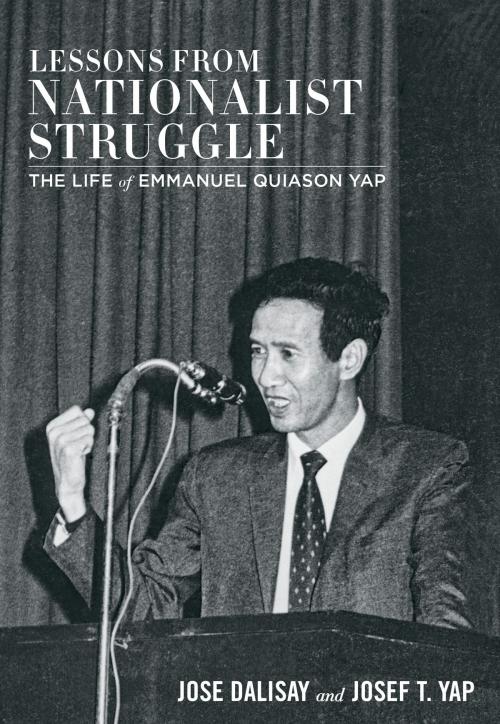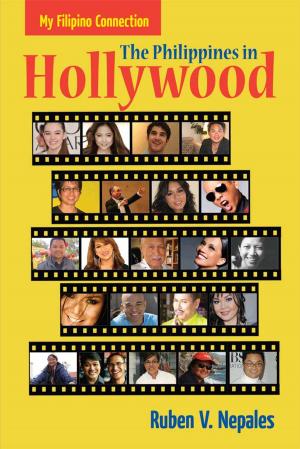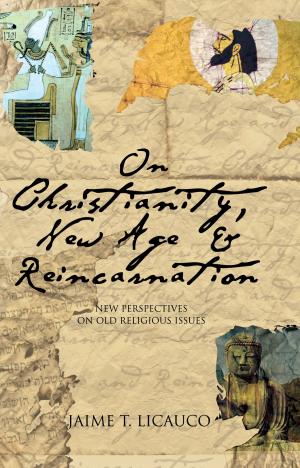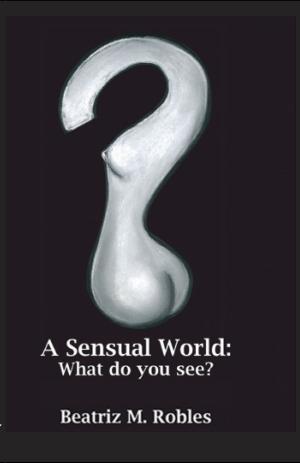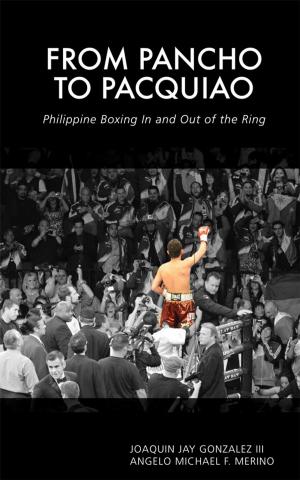| Author: | Jose Dalisay Jr., Josef Yap | ISBN: | 9789712733154 |
| Publisher: | Anvil Publishing, Inc. | Publication: | December 15, 2009 |
| Imprint: | Language: | English |
| Author: | Jose Dalisay Jr., Josef Yap |
| ISBN: | 9789712733154 |
| Publisher: | Anvil Publishing, Inc. |
| Publication: | December 15, 2009 |
| Imprint: | |
| Language: | English |
Emmanuel Quiason Yap possessed a unique perspective on world affairs. This was largely a product of his upbringing and life experience, which underpinned his great love of country. Through his life, we see a clear view of the road not taken.
This book portrays one of the most significant and turbulent chapters in Philippine history in this context. The period from the late 1950s to the early 1970s witnessed a resurgence of the nationalist movement, the election of Ferdinand Marcos as president, the establishment of the Communist Party of the Philippines, the First Quarter Storm, the bombing of Plaza Miranda, and the declaration of martial law. Manoling Yap cast a different light on these events, including the roles of Marcos, and Ninoy and Cory Aquino. Inevitably, many disagreed with his analysis and some dismissed him as a Communist. Ironically, it was during this period that his career reached both its zenith and nadir.Because of illness, he was unable to write his autobiography as he had always intended. But his analysis and interpretation of important events present an alternative viewpoint that must be known.
This is Manoling Yap’s story.
Emmanuel Quiason Yap possessed a unique perspective on world affairs. This was largely a product of his upbringing and life experience, which underpinned his great love of country. Through his life, we see a clear view of the road not taken.
This book portrays one of the most significant and turbulent chapters in Philippine history in this context. The period from the late 1950s to the early 1970s witnessed a resurgence of the nationalist movement, the election of Ferdinand Marcos as president, the establishment of the Communist Party of the Philippines, the First Quarter Storm, the bombing of Plaza Miranda, and the declaration of martial law. Manoling Yap cast a different light on these events, including the roles of Marcos, and Ninoy and Cory Aquino. Inevitably, many disagreed with his analysis and some dismissed him as a Communist. Ironically, it was during this period that his career reached both its zenith and nadir.Because of illness, he was unable to write his autobiography as he had always intended. But his analysis and interpretation of important events present an alternative viewpoint that must be known.
This is Manoling Yap’s story.
